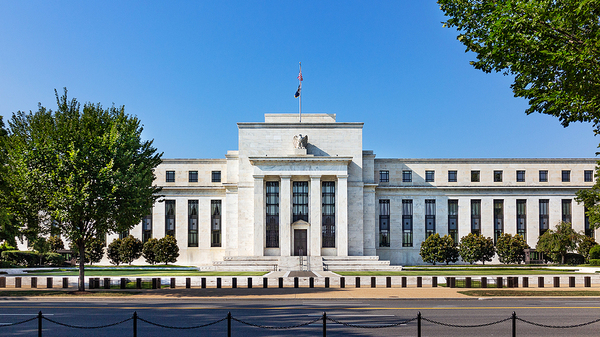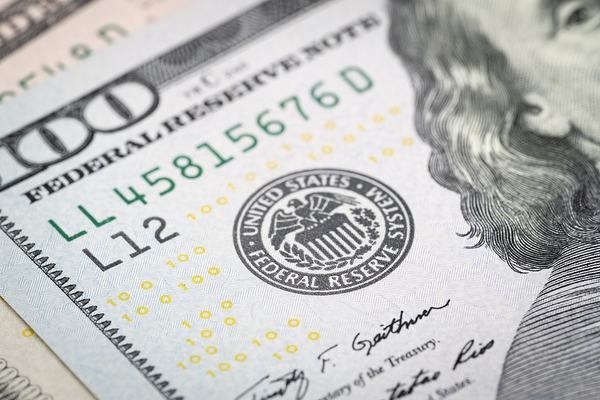View Sale Announcement Detail


Archived news
EXCERPT: Despite the ongoing health crisis and the recent uptick in infections, the US economy continues to recover, and faster than expected.

The US economy is recovering as the coronavirus pandemic continues, but at a faster pace than expected.
At its monetary policymaking meeting, the Federal Reserve decided to keep the benchmark interest rate unchanged at 0 to 0.25 percentage points. This rate is expected to remain as such for at least another couple of years in an effort to bolster the economy and add jobs to the labor market.
Declining Unemployment Rates Offer a Glimmer of Hope
It's expected that the unemployment rate will dip to 7.6 percent by year's end. By 2023, that number is expected to drop to 4 percent, which is close to the 50-year low of 3.5 percent during pre-pandemic times.
Having said that, some parts of the economy may continue to meet challenges until a trusted and safe vaccine is available to everyone and will depend on what the virus does over time and how Americans adhere to physical distancing and mask-wearing measures. The health crisis will continue to be a burden on economic activity, the labor market, and inflation.
New COVID-19 infections in the US ticked up over recent days for the first time since July, creating more barriers for the economy to circumvent.

Consumer Spending Scales Back as Unemployment Benefits Expire
Government-sponsored financial assistance programs have played a big role in the current recovery, and more fiscal support is needed to help boost the economy. Consumer demand is facing new challenges amid the expiration of unemployment benefits and small business assistance at the same time that the number of cases increases. After unemployment benefits ended at the end of July, retail sales dipped as consumers cut back on spending.
Retail sales only reached a 0.6 percent increase by August, shy of the 1.1 percent increase expected. Consumer spending is an integral part of the recovery of the US economy.
However, the gross domestic product (GDP) is also down by 3.7 percent in August, though this is an improvement from June, whereby the GDP dipped by 6.5 percent, proving that economic activity in Q3 is looking positive.
Business economists surveyed by The Wall Street Journal also expect the GDP to rise at an annualized rate of 23.9 percent over Q3 2020. That's a jump from an expected growth rate of 18.3 percent according to results from a previous poll.
The economy may still be struggling, but there are signs of optimism. Banks and lenders may want to take this time to review their balance sheets and make any necessary changes to hedge against risk and boost profits. Buying and selling loan assets may be prudent activity amid these times of economic uncertainty, and Garnet Capital can help facilitate these transactions.
Sign up for our newsletter today.
Garnet Capital Advisors 500
Mamaroneck Avenue, Harrison, NY 10528
(914) 909-1000
info@garnetcapital.comGarnet Capital Advisors 500
Mamaroneck Avenue, Harrison,
NY 10528
(914) 909-1000